When a designer has the POW: an interview with Secret Emporium

Lucy and Tess are the young and fresh minds behind Secret Emporium, an organisation that helps young designers through the first, uncertain steps of the beginning of their career. They believe in fashion as a form of art, and trust their guts when it comes to choosing which designer they should grant the scholarship to.
When did you decide to found Secret Emporium and why?
Lucy: In 2009, Secret Garden Party challenged us to shake up retail at the festival. Both of us were creatively involved with Secret Productions – the production house behind Secret Garden Party. We were fed up of seeing the usual clichéd imported festival trinkets, so we rented a marquee and filled it with brilliant, talented home-grown, independent British fashion and design labels.
Tess: We do it because Britain produces amazing independent designers who struggle to launch their labels and make a viable living when competing against huge multinational labels who produce cheaply abroad. SE designers need support and an umbrella approach which celebrates the “together we are stronger” theory.
What’s the ethos of the group?
T: I think it says it all in our manifesto: we believe in supporting independent makers and champion what they do, promote and sell. We search for grass roots designers and for those who are on the fringe and underground. We hand-curate events and produce market spaces. We seek out and initiate collaborations.
How do you practically support the designers?
L: For every event and pop-up we curate and produce, we always feature at least one scholarship space – free of charge – to a young start-up label we feel has the talent but not the finances. We shout about these “spotlight” designers a lot, and they are always featured strongly in all our event press. We have also just signed up the support of BLOW PR, which means we can grant further exposure for our highlighted designers to stylists, fashion editors and journalists via BLOW’s physical showroom. We organise private views and press nights at Secret Garden Party so that the designers can gain access to high profile exposure.
T: The designers collaborate with each other after having met through Secret Emporium. It is vital to be pushed and challenged as a designer with a crowd of excellent peers. We are in the process of setting up a social enterprise wing to the business, where we hope to be able to fund designers with start-up budgets for materials and studio space.
How does the promotion work? What kind of medium do you use?
T: We use any and every personal connection we have. We are also lucky enough to be able to access Secret Productions’ promotion network, which is huge. BLOW PR have recently been moving things forward for us with print press and their physical showroom. We use social media a lot, and encourage the designers to promote across their networks and mailing lists as well. When we had our Christmas Market last year, we handmade 3D press invites in collaboration with print designer Issy Webster, and hand-delivered them across London.
L: We do urban pop-ups (previously a three-container pop-up at Boxpark in March this year, and a designer showcase in Shoreditch House last year).
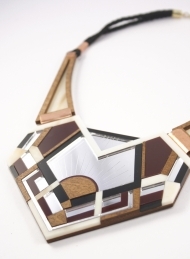
What does a designer need to have to get your attention?
T: “POW” – if they have “POW” we want them! We are drawn to designers who approach things from an art route, designers whose creative output happens to be a wearable product but the pieces themselves stand alone as art works.
Which criteria do you use to assign scholarships?
T: Sometimes it comes from a gut feeling that this designer needs to be out there, that people need to see what they are doing but the financial strain means they can’t do it. It’s an unfairness that makes us say “they deserve this”. Lucy often has a short list of incredible people she has found, then we sit down and look in depth at what they are doing and make a decision. We also collaborate with other supporters and run competitions where people apply for the scholarships as well.
What kind of proposition would you promote to improve the industry in a more sustainable way?
T: Many of our designers use British suppliers for things like metals, fabrics and chain, etc. Their world is small and contained, and local suppliers make sense. When they get bigger and stock levels need to increase, designers are forced (financially) to source out of the country. I think that is something that should be addressed directly. British suppliers should be able to compete with the Chinese and Indian markets. Just like the fair trade policy for things like coffee, products should be able to stamp their products with a “British Made” label which is recognised and celebrated in the industry.
What would you do to encourage new designers to get into the industry?
T: This is exactly what we are doing. We are showing young designers that there is a viable market out there, which we can help them to access. We want them to see that there is a commercial market for their work, and with supportive direction and opportunity with Secret Emporium it is a fruitful industry to get into. Independent labels are increasingly popular and with East London having such a massive impact on the fashion world, we are under a spotlight at the moment and our designers are what make us under that spotlight.
Monica Guerrasio
For further information about Secret Emporium click here.

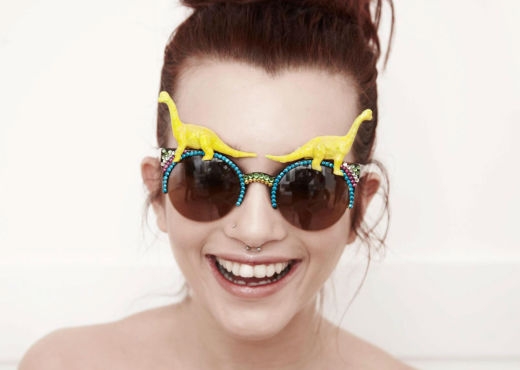

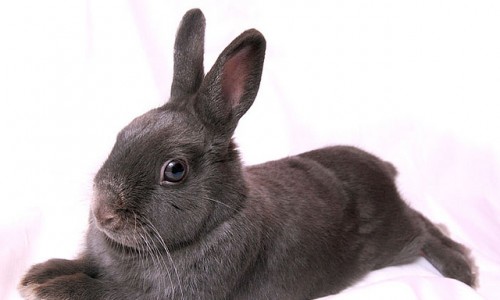


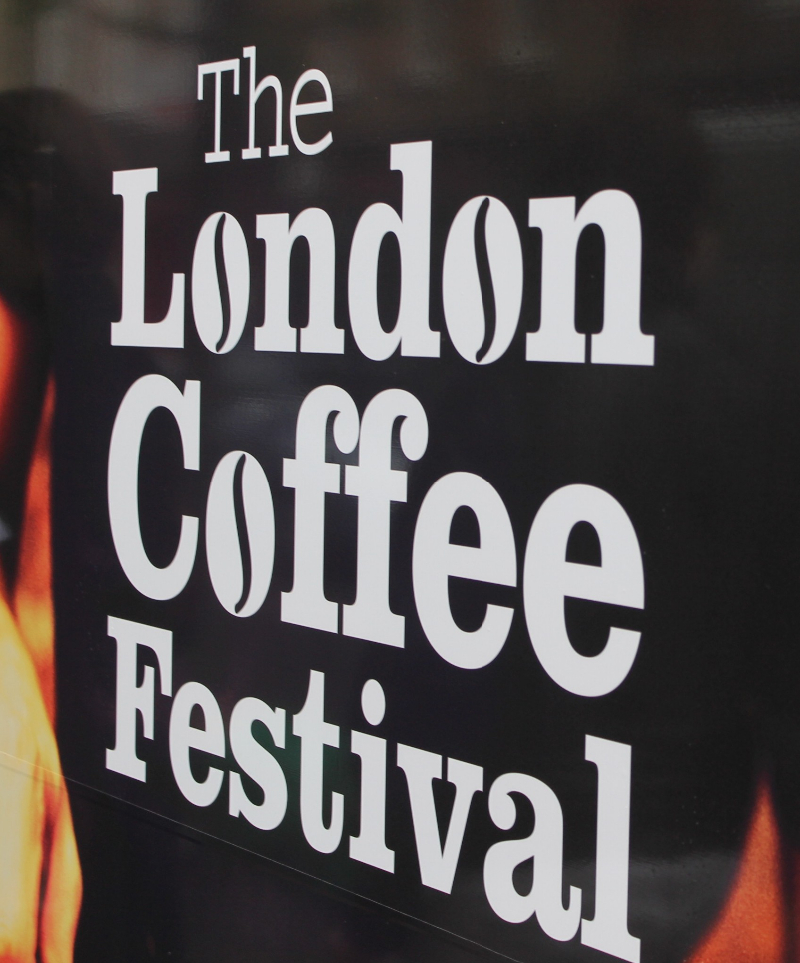
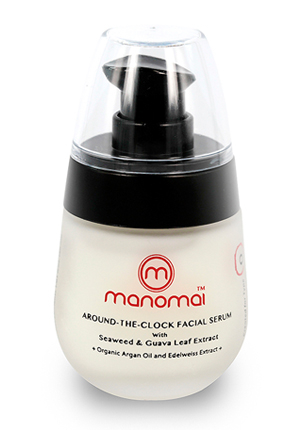
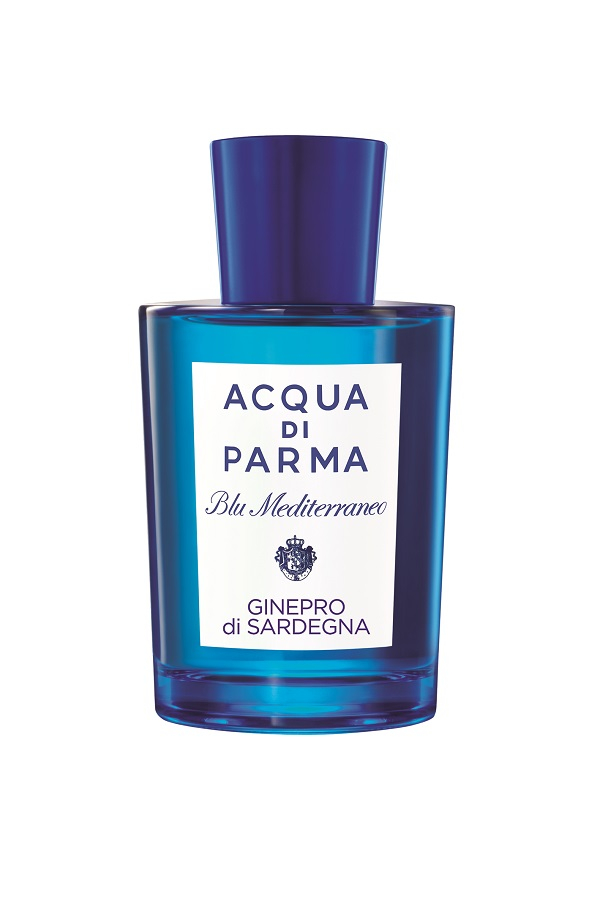
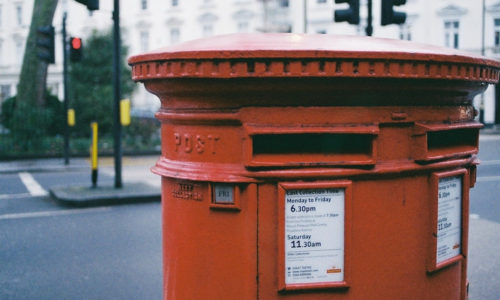
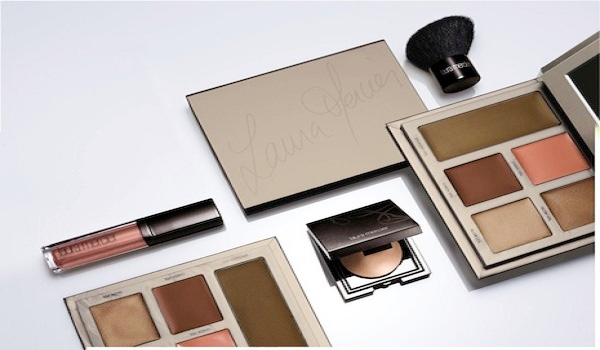














Facebook
Twitter
Instagram
YouTube
RSS